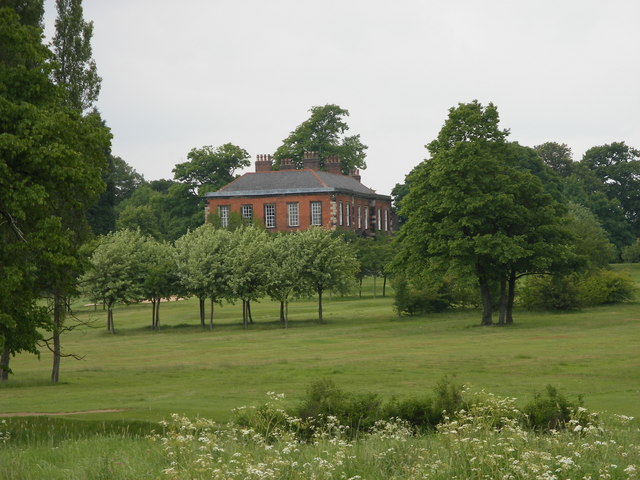This post combines two general ideas about history that I often write about in other posts.
First, there is “breaking news” in the study of history. Sometimes people find stuff that tells historians something completely new or changes perceptions about something we already knew.
Second, primary sources, sources from the time that you are studying, are important when doing historical research. It’s especially fun when you’re looking for one thing and find something else.
There was an article on the BBC News website yesterday titled “The 200-year old diary that’s rewriting gay history” by Sean Coughlan. I’ll tell you a little about it, but recommend that you check out the link.
A farmer in Yorkshire, Matthew Tomlinson, kept a diary, writing about his life and personal experiences. He also wrote his thoughts about things he read in books and newspapers. Some of his handwritten diaries found their way to the Wakefield Library in the 1950s and have been used by researchers as a primary source. Apparently it’s a good source for information about Luddites, in case you ever need that.

SMJ / Lupset Golf Course / CC BY-SA 2.0 via Wikimedia Commons.
University of Oxford researcherEamonn O’Keeffe found something else in the 1810 diary while looking for something completely different.
Scandal always draws attention, and in this case a naval surgeon, 37-year old James Nehemiah Taylor, was court-martialed and executed for the crime of sodomy. As always happens with scandal, this case was widely reported and undoubtedly discussed by neighbors and friends.
In Britain, sodomy was a death penalty offense until 1861 and was not decriminalized until 1967, more than 150 years after Tomlinson’s diary entry.
Tomlinson’s views about the Taylor case are what make this breaking news. Tomlinson believed that if men chose to be homosexual, then castration was an acceptable punishment. But he also believed, as a religious person, that if the Creator made a person gay, then those acts were not unnatural and shouldn’t be punished with death. Tomlinson said it better than I did, so really, go read the article.
So why is this a big deal? This is exciting news for historians because it is evidence that people in Britain were more tolerant of homosexuality than previously believed. This is the belief of an ordinary man, a rural farmer who was not rich and powerful and did not own the land that he farmed. This is an indication of the thoughts of the general public.
Today, the thoughts of the general public are all around us, especially on social media. But back in 1810, the general public did not leave as many sources for historians as did intellectuals, and people of wealth and power.
My take on this? Historical evidence is important, so this is great news. But one of my core beliefs about history is that humans don’t change much. There have been and will always be, among other things, people that are tolerant of others and people that are not. When I first read this article, my first thought was that of course there were people in 1810 that didn’t believe that same-sex relationships should be punished by death. But it’s always good to know there is primary source evidence to back me up.
